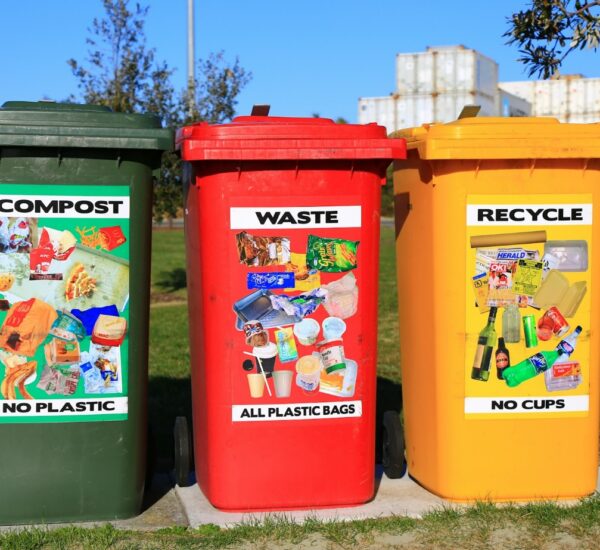The problem is not simply the sheer mass of these discarded devices. Electronic products contain toxic materials, and improper disposal may lead to water and air pollution. “A Cathode Ray Tube (CRT) monitor can contains between four and eight pounds of lead alone. Big screen tube TVs contain even more than that. Flat panel TVs and monitors contain less lead, but many use mercury lamps.” Other toxic substances found in electronic devices include cadmium, copper, lithium, brominated flame-retardants, and phosphorus. “About 70% of the heavy metals (mercury and cadmium) in US landfills come from electronic waste. Consumer electronics make up 40% of the lead in landfills.” Fairbanks has a modern, lined landfill that is used for regular waste. The leachate, or water that extracts chemicals from the soil, generated in the landfill is collected, tested, and if it passes disposal requirements, it is then pumped to the local waste water plant for disposal. Your groundwater is protected, but e-waste can be better disposed of by recycling it through our Electronics Recycling program.
Information security may also be an issue. From the time electronics are placed in dumpsters at transfer sites they are out of your hands. Industrious “dumpster divers” may obtain and repurpose your electronics before they are taken to the landfill. Any data you may have had on your electronic devices may then be accessed by strangers. We offer hard drive destruction at our e-Depot which renders hard drives practically unusable.
Throwing away our old electronics also means the loss of valuable minerals and electronic components that could be mined for reuse, such as gold, copper, metal, and plastic. “One metric ton (t) of electronic scrap from personal computers (PC’s) contains more gold than that recovered from 17 t of gold ore.” Rather than simply throwing away these valuable resources, it makes sense to recycle the devices and reuse as many of these materials possible.




